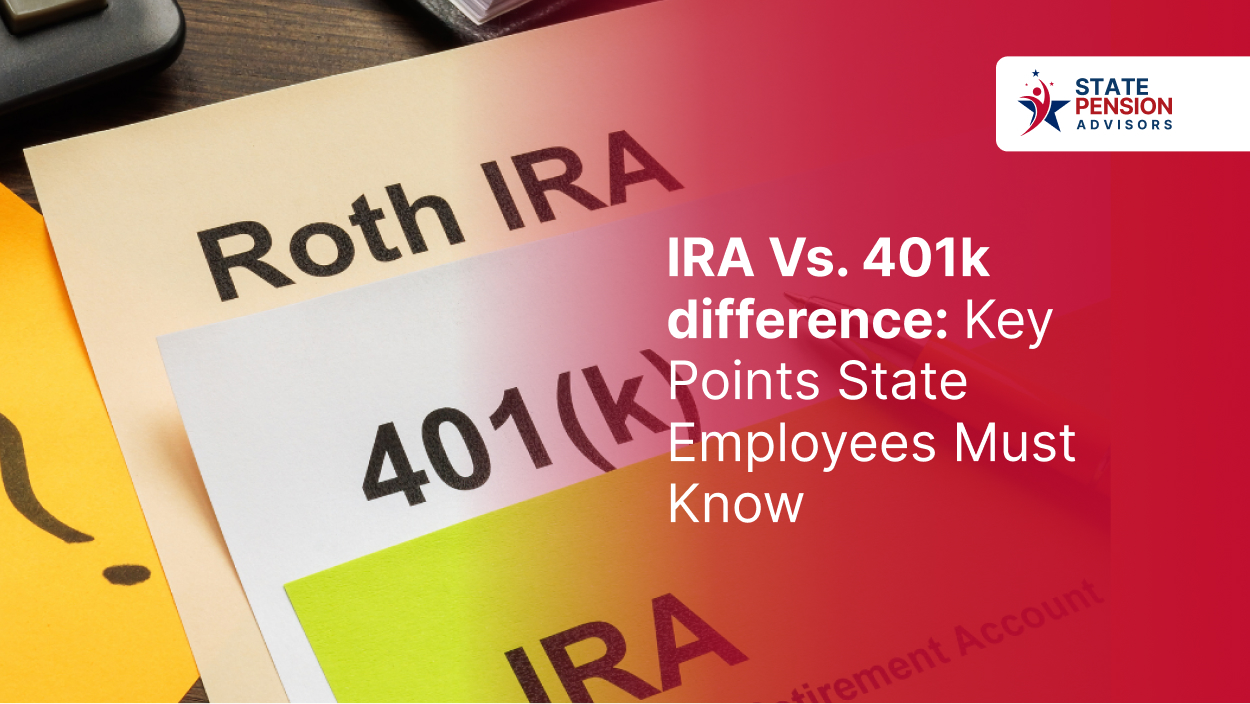The Value of Independent Financial Advice for Employees

In the complex landscape of personal finance and retirement planning, relying solely on employer-provided resources may not suffice. This blog explores the crucial importance of seeking independent financial advice, highlighting the benefits it brings in crafting a personalized and comprehensive financial strategy.
Understanding the Limits of Employer-Provided Advice
Employers, particularly in the public sector, often offer resources to help employees understand their benefits, including pension plans, health insurance, and other perks. While these resources are invaluable, they are inherently limited. They typically focus on the specifics of the employer's offerings, without taking into account the broader financial picture of an individual employee. This is where the need for independent financial advice becomes evident.
The Benefits of Independent Financial Advice
1. Personalized Financial Planning
An independent financial advisor takes a holistic view of your financial situation, including income, debts, investments, and long-term goals. This personalized approach ensures that the advice you receive aligns with your unique circumstances and aspirations, something employer-provided resources may not fully address.
2. Unbiased Investment Recommendations
Employer resources may often be tied to specific investment products or platforms, which may not always be in your best interest. Independent advisors, on the other hand, have the flexibility to recommend a wider range of investment options that best suit your risk tolerance and financial goals.
3. Comprehensive Retirement Planning
While employer-provided pension information is crucial, retirement planning doesn't stop there. Independent advisors can help you integrate your pension with other retirement income sources, ensuring a comprehensive strategy that covers all bases, from Social Security to personal savings and investments.
4. Proactive Tax Planning
Taxes can significantly impact your financial health, both now and in retirement. An independent financial advisor can provide proactive tax planning advice, helping you to make tax-efficient investment decisions and potentially save thousands over the long term.
5. Adaptability to Life Changes
Life is unpredictable. Changes such as marriage, the birth of children, career shifts, and unexpected health issues can all impact your financial plans. An independent advisor can help you navigate these changes, adjusting your financial plan to meet evolving needs and goals.
Choosing the Right Independent Financial Advisor
Selecting an independent financial advisor is a decision that should not be taken lightly. Look for advisors who are fiduciaries, meaning they are ethically bound to act in your best interest. Consider their qualifications, experience, fee structure, and the services they offer. It's also important to choose someone you feel comfortable with, as this will be a long-term relationship impacting your financial future.
Conclusion
While employer-provided financial resources are a valuable starting point, they are just one piece of the puzzle. Seeking independent financial advice offers a broader, unbiased perspective that can significantly enhance your financial planning and retirement strategy. By choosing the right advisor, you can ensure a tailored approach to your finances, helping you to achieve your personal and financial goals with confidence.










.png)
.png)










